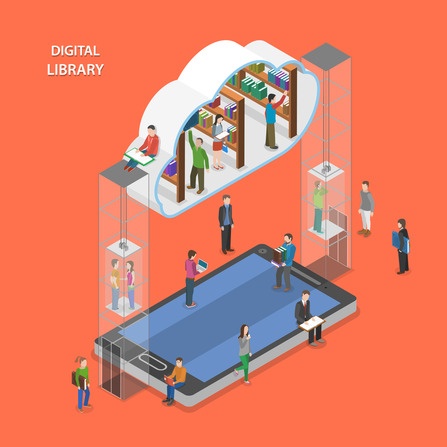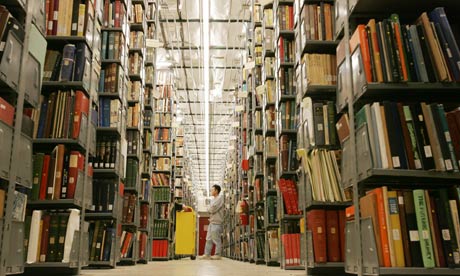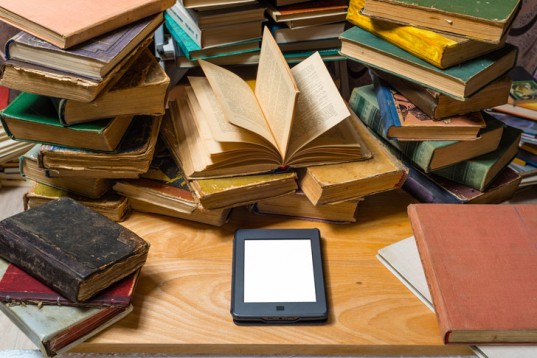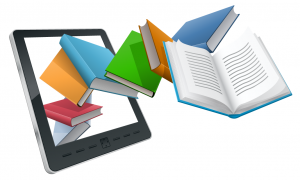Libraries provide people with free access to an otherwise obscure wealth of information. Because of this, they have been important parts of society for generations. Despite the growing use of modern technological resources to obtain information, libraries continue to be instrumental tools for retaining, protecting and sharing documents. With digital technology influencing our lives more every day, however, it is clear that libraries have to adapt. But what does this mean? Let's take a look at what modern libraries are doing right now for the future, and how your library can adapt as well.
Protect Rare & Fragile Works with Book Scanning
Books provide you with access to content from times long past. Without them, we would have little more than stories, presumptions and lore to go by. Books do their job dutifully, with some books even enduring thousands of years of use.
Topics: book scanning, Book Scanner, library, library scanning, digitizing library, books
Best Practices for Archives and Records Management for Libraries
The successful operation of a library is founded upon the ability to be able to effectively manage and archive a large set of records. Doing this the right way, however, is not as simple as snapping your fingers; in order to effectively archive your records and manage them, you have to look beyond simply placing them in alphabetical order. Here are the three best practices that you should take heed of when engaging in your archives and records management duties.
Topics: Library Scanners, library scanning, Microfilm Scanning Services, Microfiche Scanners
How Library Systems and Services are Changing in the Digital Age
A simple truth about digital technology is that it is transforming the ways that library systems and services operate. Not only is technology itself advancing, but the expectations of users are also changing; today, people expect to be able to access all manner of information digitally.
Analog documents – books, newspapers, microfilm, microfiche, town records, historic information – are still important, but there is a recognized need to have them digitized in order to improve access and availability. And documents are not the only things being affected by the digital age. Increasingly, libraries and other informational institutions are rethinking the ways they provide services to their clientele. Below are some of the bigger transformations library systems and services are experiencing in the age of digital media.
Topics: libraries, library scanning, digitizing library
3 Tips to Catapult Your Library into the Digital Age
With the internet surpassing other media as the primary source of information, digitization has become an increasingly salient topic. The ability to access information digitally is no longer a novelty – it is expected. Take for example the Google Books Library Project, in which Google is working with several major libraries and educational institutions (including Stanford University) to digitize library resources and create a vast digital library.
The trend isn’t ephemeral. The push towards the digitization of library resources and other sources of information will only accelerate. As Guy Berthiaume (who will become the new head of Library and Archives Canada on June 23) points out, libraries are in the process of reinventing themselves. He believes that digital technology is not threatening the place of libraries as centres of knowledge; rather, it should be embraced and leveraged to improve the availability of information and how people access it.
Topics: Library Scanners, library, libraries, library scanning
If you’re a book enthusiast, news that libraries are going digital may leave you feeling weary. If you’re a library administrator, the concerns of staunch traditionalists may have you shying away from new technology. Fear not, going digital won’t turn your library into a cold, sterile environment from sci-fi future. Instead, it could help to highlight and improve many of the services patrons use on a regular basis.
Topics: microfilm, book scanning, Book Scanner, document scanning, library scanning, ontario library association, digital imaging
Historical books, new books, magazines, files, binders, contracts … the list goes on. There’s almost nothing you can’t capture or copy with the new zeta book scanner by Zeutschel. It is the ideal multifunctional system for scanning and copying in libraries, archives, universities, schools and more.
Plug and Scan
Topics: MES Hybrid Document Systems, Library Scanners, book scanning, Book Scanner, book scanners, library scanning, Scanners, zeta book scanner
5 Reasons To Consider Public Book Scanning In Your Library
Have you considered giving patrons access to a walk up book scanning service in your library? Sure you've probably looked at it once or twice a few years back; between the Google book initiative and the popularity of e-book readers hitting the market, it would be hard not to consider offering the service in your library. However, chances are, the idea was dismissed for a variety of different reasons (cost, time, training effort, support, etc.). But times have changed, technology has advanced and the needs of the library have been heard and adopted. So let's take a look at 5 reasons now might be the time to consider book scanning in your library.
Topics: book scanning, Book Scanner, document scanning, library scanning, public scanning







